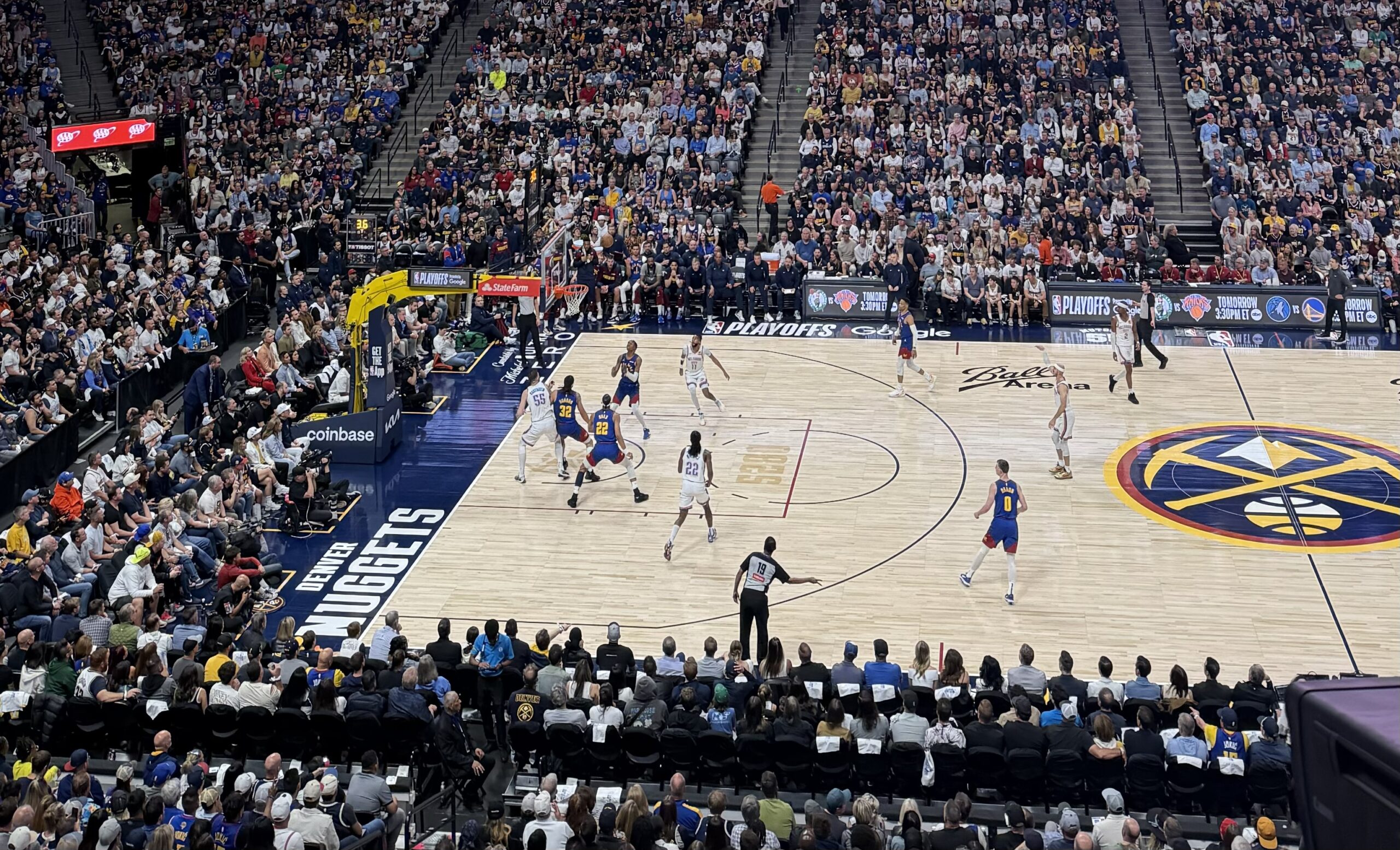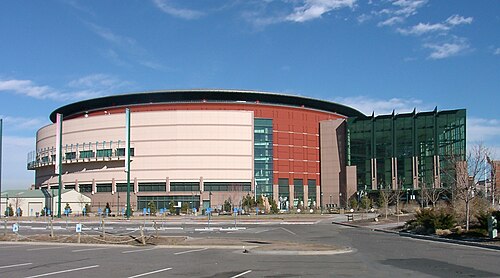What do you call an environmentalist who doesn’t necessarily recycle, reduce or reuse? What if this person wasn’t fighting to save the planet’s environment but a nation’s political environment?
Philip Barrett is such an environmentalist. As campus coordinator for
the nonpartisan Democracy Matters
chapter at DU, he said that he aims to eliminate the private campaign money that “pollutes the democratic process.”
Barrett’s stand for democracy
gives him the opportunity to help students learn more about what “clean elections” include.
A clean election is one funded solely by public money, Barrett said. Private donations from special interest groups, corporations or privileged individuals are not part of the process.
This public financing would ensure that politicians are held accountable to the people and not a minority of wealthy elites, in Barrett’s view.
“I’m shooting for a perfect democracy,” he said, adding that a publicly funded election process, where everyday Americans have a tangible investment in those running, “is the epitome of democracy.”
But Barrett hasn’t always taken a nonpartisan view in America’s political environment. His involvement in politics began when he campaigned for the 2004 Democratic presidential nominee John Kerry.
“I was going door to door before I could even vote,” he said.
What he saw in 2004, and what he continues to see today, though, is politicians acting in the interests of their biggest donors. OpenSecrets.org, a campaign finance database, says the biggest industries donating to congressional campaigns are law, real estate, health, entertainment, oil and gas and defense.
In working with Democracy Matters, Barrett has learned that the influence this money engenders seems to bring government farther from everyday people.
He also points out that public financing is an alternative that candidates can opt into, like Sen. John McCain for his presidential campaign. But, “the system is broken,” he said.
To curb this practice, Barrett is getting students involved and informed.In the last week of the election, he has posted candidate and ballot issue guides around campus and information about voting centers for students.
Barrett has also put out information about the money in this year’s election, calling it “the most expensive presidential race in American history.”
Students, he hopes, will use this information to aid their vote and understand what needs to change in upcoming elections.
“Where politics in the past may have often seemed remote and inconsequential to the nation’s youth,” he said, “I feel that young people are able to identify with politics this election cycle.”
So, while Barrett isn’t recycling or reusing in the classic environmental context, he’s fighting to reduce pollution in American democracy and get more people involved in the process.
“Clean elections [are] really the most important election issue,” he said. For him, it touches all other issues and how politicians decide on issues of health, human rights, energy and the economy.
“It’s not liberal change or conservative change,” he said. “It’s like the motto of Democracy Matters: ‘change elections, change America.'”











